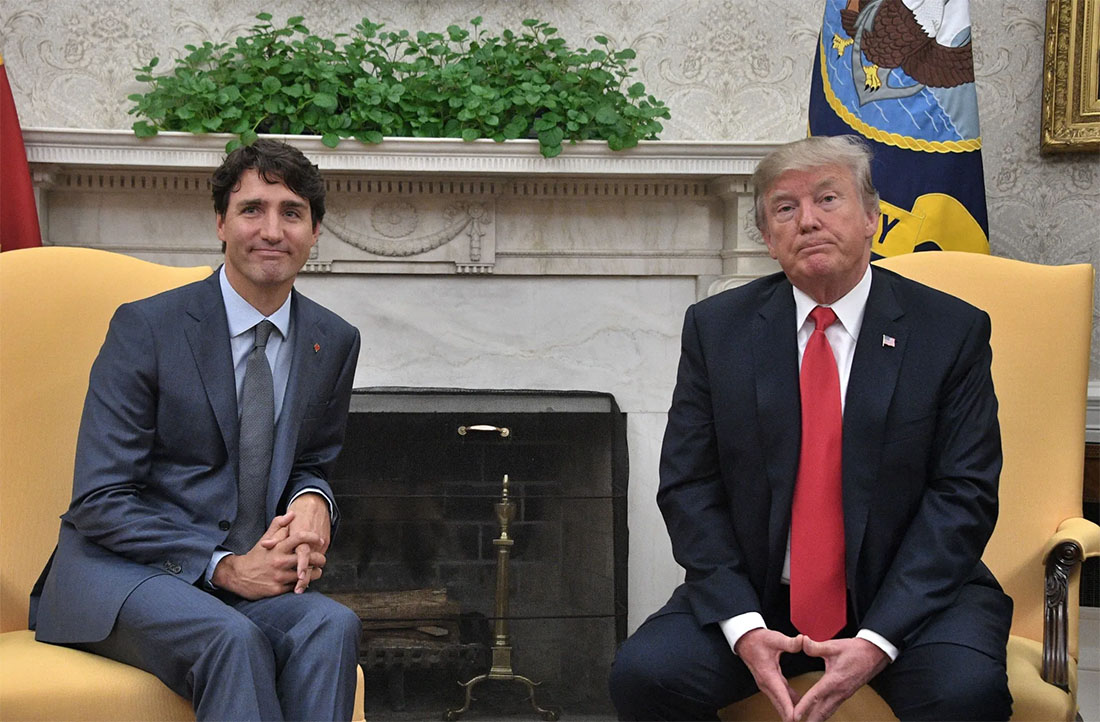
Photo Credit: Getty Images
Tensions between Canada and the United States are once again reaching a boiling point—this time over steel and aluminum. President Donald Trump's decision to impose a 25% import tax on these metals has sparked outrage north of the border, with Prime Minister Justin Trudeau vowing a "firm and clear" response.
Since returning to the White House, Trump has pushed a series of protectionist trade measures, arguing that tariffs will strengthen American industries. Canada, the largest supplier of steel and aluminum to the U.S., now finds itself at the center of his latest economic battle.
Trudeau has slammed the tariffs as "entirely unjustified," emphasizing Canada's role as a key ally to the United States. Industry leaders warn that the move could destabilize North American manufacturing and drive up prices for consumers.
The Canadian government isn't taking Trump's decision lightly. Industry Minister François-Philippe Champagne argues that cross-border metal trade makes North America "more competitive and secure." Quebec Premier François Legault questioned whether Trump would rather source metals from China instead of relying on Canada.
Opposition leader Pierre Poilievre has promised to impose retaliatory tariffs on the U.S. if elected, mirroring Trump's aggressive approach. Meanwhile, the Canadian Steel Producers Association warns that history is repeating itself, recalling the economic damage caused by similar tariffs during Trump's first term.
With a month to negotiate before the tariffs take effect on March 12, both sides have a narrow window to strike a deal. Trump, known for using trade barriers as leverage, may be positioning himself for concessions from Canada.
But Trudeau is making one thing clear: Canada won't back down. As the world watches, this latest chapter in U.S.-Canada trade relations could have lasting consequences for both economies.
















